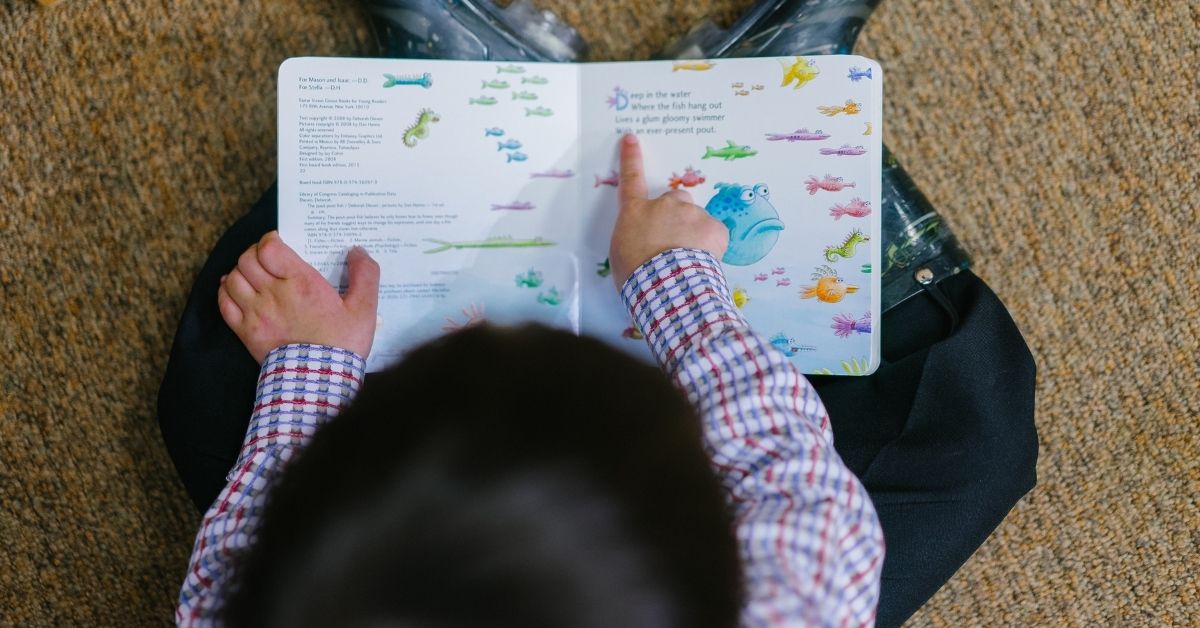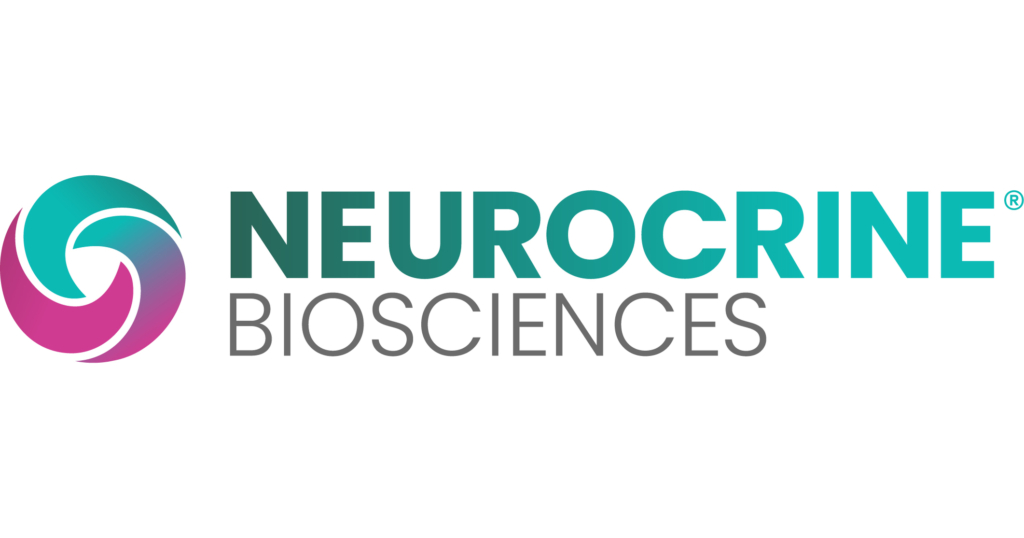
Authors: Benjamin Joffe Schindel, MD, MPH, Kennedy Krieger Institute; Alison L. Christy, MD, PhD , Providence Pediatric Neurology at St. Vincent Medical Center – Portland, Oregon
Reviewed: July 2021
SUMMARY
Dyslexia is a disorder that affects the way a person reads. It can be difficult for a person with dyslexia to learn by reading. However, there are lots of other ways people with dyslexia can learn. Managing dyslexia requires a team effort. This team is made up of:
- Pediatricians
- Specialized doctors
- Psychologists
- The child’s school
- The child’s parents
- The child, particularly as they grow into adolescence and adulthood
Dyslexia is lifelong. However, children with the right supports grow up to be successful adults with fulfilling lives.
JUMP TO
Disorder Overview
DESCRIPTION
Dyslexia is a type of neurodevelopmental disability. It affects the way the brain develops as it grows. There are many types of neurodevelopmental disabilities. Some of them affect how people learn. These are called specific learning disorders (SLDs). Dyslexia is an SLD.
In general, SLDs are broken up into three categories:
- Reading
- Writing
- Mathematics
Dyslexia is another name for an SLD in reading. Children with dyslexia have trouble reading and learning from written material. However, they are able to learn the same material in a different way. For instance, children with dyslexia can learn by having something read to them.


SIGNS AND SYMPTOMS
Children with dyslexia may have difficulty:
- Reading words or parts of words accurately
- Reading smoothly
- Understanding material that they read
When people think of dyslexia, they often think of mixing up letters. They often assume dyslexia is about switching the letter “b” with the letter “d,” and so on. Actually, confusing letters like this is normal in children learning to read and write. Mixing up letters is still sometimes a part of dyslexia. However, there is much more to this condition.
Sometimes, the first sign of dyslexia is trouble academically. Other times, the first sign is difficulty controlling behavior. Children with dyslexia may struggle in an environment that depends on reading, like school. This can make it hard for them to pay attention, sit still, or regulate their emotions. It can be frustrating, stressful, and isolating for them to feel like they are not meeting the demands of their teachers and parents or keeping up with their peers. Some behavior issues in children with dyslexia may be attempts to avoid reading.
CAUSES
The causes of dyslexia are not known. Until there is more research, it is likely that they will remain unknown. However, SLDs like dyslexia are often hereditary. This means that they can run in families. If one person in a family has an SLD, other members of that family may also have an SLD.


DIAGNOSIS AND LABORATORY INVESTIGATIONS
Dyslexia is diagnosed by a team. This team may include doctors, psychologists, and teachers. The process of forming a diagnosis might begin if a child’s parent, school, or pediatrician has concerns about how the child is reading or learning. This is when teachers, therapists, and counselors at the school attempt to use different methods of teaching the child. For instance, a child’s school may be required to try Response to Intervention (RtI).
There is no laboratory testing or imaging that can diagnose dyslexia. This means dyslexia cannot be detected with blood, urine, or genetic testing. It cannot be seen with brain scans or X-rays.
Still, there are tests that can help with diagnosis. These tests may be performed by neuropsychologists or by specialists at the child’s school. They are designed to rule out conditions that may look like dyslexia. There are many such conditions. It is important to make sure that these other conditions are not the cause of the child’s symptoms.
Common conditions that should be ruled out include:
- Intellectual disability
- Attention-deficit/hyperactivity disorder (ADHD)
- Problems with vision
- Anxiety
TREATMENT AND THERAPIES
There is no cure for dyslexia. Instead, it is managed with adjustments to the child’s environment. These adjustments can support learning. They are customized for each individual child. Some children might require extra time on tests. Others may need material read to them. Still others may require something totally different.
These adjustments can be made through different kinds of interventions. A child’s school and pediatrician will be able to help explain the differences between intervention types. They can explain how to get interventions in place.
Options include:
Response to intervention (RtI)
504 Plan
Individualized education program (IEP)


Educational management will likely be necessary as long as the child is in school. Note that the support options offered at college might be different from what is offered in K-12 education.
Parents and caregivers can plan for the transition from childhood to adulthood. They can start by learning about the various options available for further education and adult work. Often, the support that the child receives in school will not be available when they leave school. They will need to know how to access the resources that are available for college students and adults.
If they include the child in this process, the child can learn skills and strengths that they will need to be independent adults. A child’s school is required to begin this transition planning when the child is sixteen years old. However, it is a good idea to start planning earlier than this. Your child’s pediatrician and school can help direct you to the resources that would be most appropriate.
People with dyslexia may need to consider how their difficulty reading will affect their career. They may choose jobs that do not depend heavily on reading. Alternately, they may figure out ways to do their jobs with limited reading.
Sometimes dyslexia is not treated. In these cases, a child may needlessly struggle with school. It is important to remember that children with dyslexia are able to learn. They just have difficulty learning by reading. Children who do not have support for dyslexia and do not succeed in school are at risk of developing:
- Anxiety
- Depression
- Lack of self-worth
- Behavioral issues
These issues can continue into adulthood. However, with proper supports, children can learn to live with and manage dyslexia.
OUTLOOK
While children with dyslexia do not outgrow it, they are able to function independently as adults. They can lead fulfilling and rich lives. With the right supports, they can do very well in school and succeed in whatever they choose to do in life. They can choose jobs that do not depend heavily on reading, or they can develop ways to limit the amount of reading they have to do for their jobs. They can do well in college and find career success.
Parents should support the child’s learning. This is very important. Instead of focusing on how a child reads, parents can support alternative ways of learning. These alternatives need not depend on reading. A child’s school can help families navigate learning. They can point families to creative learning techniques.


RELATED DISORDERS
There are a lot of reasons why a child may struggle to read.
Other conditions that can affect reading include:
- Intellectual disability
- Attention-deficit/hyperactivity disorder (ADHD)
- Autism spectrum disorder
- Vision problems
- Communication disorders
- Anxiety
- Depression
Sometimes, children have a few of these conditions together. When a child is evaluated for dyslexia, the evaluation team may consider and test for these other conditions.
Resources
American Dyslexia Association
The American Dyslexia Association (ADA) is a non-profit organization that focuses its efforts on providing help for dyslexic and dyscalculic people with free information and teaching aids. These resources that parents can use to help their children can be found on the Worksheet page. The ADA also hosts a Blog page with articles, news, videos, and other useful information.
Decoding Dyslexia
Decoding Dyslexia aims to raise dyslexia awareness, empower families to support their children, and inform policymakers on best practices to identify, remediate and support, students with dyslexia. This is a grassroots movement brought about because of parents concerns for their children with dyslexia. While there is no national Decoding Dyslexia parent organization, there are independently run chapters in each state and in Canada. Some of these chapters are non-profit organizations.


Child Neurology Foundation (CNF) solicits resources from the community to be included on this webpage through an application process. CNF reserves the right to remove entities at any time if information is deemed inappropriate or inconsistent with the mission, vision, and values of CNF.
Research
ClinicalTrials.gov for Dyslexia are clinical trials that are recruiting or will be recruiting. Updates are made daily, so you are encouraged to check back frequently.
ClinicalTrials.gov is a database of privately and publicly funded clinical studies conducted around the world. This is a resource provided by the U.S. National Library of Medicine (NLM), which is an institute within the National Institutes of Health (NIH). Listing a study does not mean it has been evaluated by the U.S. Federal Government. Please read the NLM disclaimer for details.
Before participating in a study, you are encouraged to talk to your health care provider and learn about the risks and potential benefits.
The information in the CNF Child Neurology Disorder Directory is not intended to provide diagnosis, treatment, or medical advice and should not be considered a substitute for advice from a healthcare professional. Content provided is for informational purposes only. CNF is not responsible for actions taken based on the information included on this webpage. Please consult with a physician or other healthcare professional regarding any medical or health related diagnosis or treatment options.
References
https://dyslexiaida.org, with special interest paid to the state-by-state legislation map
Thank you to our 2023 Disorder Directory partners:





